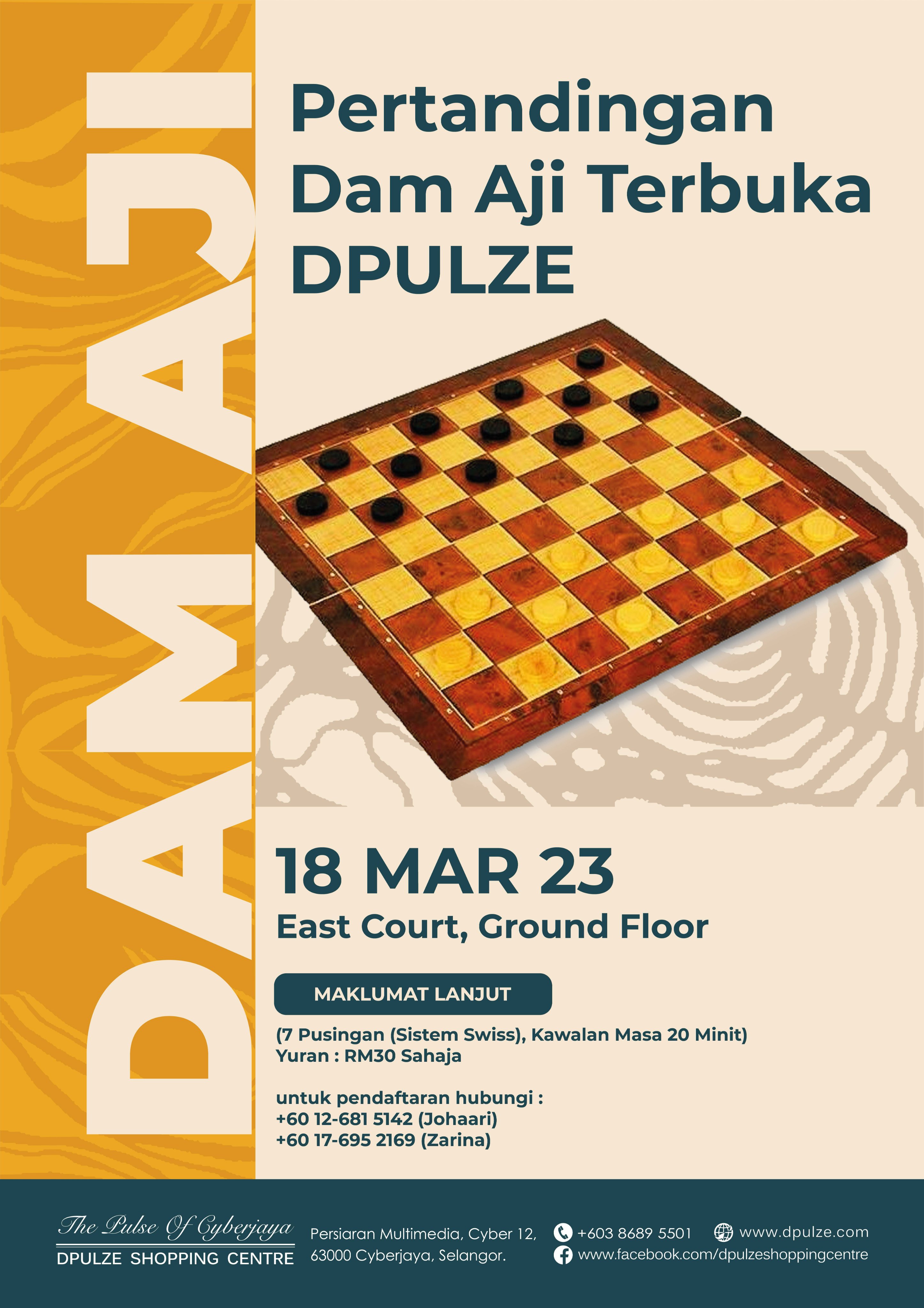Oratio Dominica: Malaica and Sinica
In 1680, Andreas Müller (b. 1630, d. 1694) published a small book containing a collection of the Lord's Prayers in 83 languages. The work was later revised and expanded by other authors in 1700, 1705, and 1713. The following discussion examines the Malay and Chinese texts as presented in the revised edition published in 1713.


In the Malay text, the Lord's kingdom 國 was rendered as ra'jat, using an old spelling system devised by Van Ophuijsen. It is used here not as a reference to the people governed by a given Ruler but the territorial domain governed by that Ruler.

又不我許陷於
We noted that the last line of the passage, the word for Evil 凶惡 is strangely rendered ‘jakat' instead of ‘jahat'. Initially I thought the new spelling was legit when we consider the sound variation in following invocation in Ambonese Malay:
Gangan tgobba bada cami ;bon lapas akan cami deri gahat samua
However, it is likely a spelling or print mistake since the ‘hat' sound was consistently used in the Alia dialect, Batavia dialect, Maluku dialect.
Bapa kita yang ada di surga
باڤا کيت يڠ اد د سرؼ
Namamu jadi bersakti
نام مو يد برسکت
Rakyatmu mendatang
راجت مو منأتڠ


Kehendakmu menjadi di bumi seperti di surga
قندق مو منيد د بوم سڤرت د سرؼ
Roti kita dari sehari-hari: Memberikan kita sehari inilah
رت کيت در سهر هر ممبريکن کيت سهر اينل
Maka berampunlah pada kita dosa kita, seperti kita berampun akan siapa bersalah kepada kita
مك برامڤونل ڤد کيت دس کيت سڤرت کيت برامڤوناکن سياڤ بىرسل کڤد کيت
Jangan hantar kita kepada cubahan
جاڠن هنتر کيت کڤد چوبهن
Tetapi lepaskan kita dari yang jakat: Kerana mu punya rakyat, dan kuasaan, dan besaran sampai ke kekalan. Amin.
تتاڤ لڤسکن کيت دار يڠ جاکت قرن مو ڤوڽ راجت دان قوسهن دان برسرن سمڤي کککل امين
- Mofakhkhar Hussain Khan (1976) History of printing in Bengali characters up to 1866, PhD Thesis, SOAS. This pdf document was one of the search results returned when the keyword ‘Tuam Bandam' was used. Tuam Bandam's name was recorded in 1552 by João de Barros (b. 1490, d. 1570), identifying him as a Bengali who perished on the bridge connecting Upeh and Banda Hilir, during the first Portuguese assault on Malacca on 25 July 1511. Note that ‘Tuam' is apparently a Portuguese rendering of the Malay ‘Tuan' and at this point, ‘Tuan' had not yet been corrupted into ‘Tun'.
The Malay ‘Tuan' was spelt as ‘Tuhan' in Old Javanese and it was given the definition by P. J. Zoetmulder (1982): 1Master, lord, person in authority; also used in addressing a woman (the wife, the beloved) or a child. 2Auxiliary word to number units (workshop etc) under a head or master. The semantic separation of ‘Tuan' and ‘Tuhan' must have occurred centuries ago as the two words are now treated distinctly (and ‘tuhan' is no longer a reference to ‘master' in modern Javanese). It is worth noting, however, that the word ‘Lord' in English and 主 in Chinese can ambiguously refer to either God or master, depending on the context.
- Surga (sva + rga, स्वर्ग = स्व + र्ग) is a Sanskrit loanword. The Indic value of ‘sva' can be approximated with either s (س) or sh (ش). The definition given by R. J. Wilkinson (1901) was: The heaven of Indra; heaven generally; the abode of the blessed (see سرݢ in p. 379); Heaven. Shurga-loka or shurga-loga: the Hindu or Sanskrit heaven; For example, in Hikayat Mas Edan: Nantikan sĕhaya di-pintu shurga: await me at the gate of Heaven (see شرݢ in p. 433). Also the letter g was rendered as ݢ instead of ؼ in the 1713 text.
Roti (रोटी) is also a Sanskrit loanword. So is doṣa (दोष). Doṣa is simply anti-merit (negative quality) in Indian, as opposed to guna गुण (merit or positive quality).
- The phonetic value of j in Van Ophuijsen's orthography is similar to the English y.
For instance, the name of Jesus is supposed to be breathed, not with a J sound, but with a Y or I sound, e.g. Iesu in Latin (イエス), Isa عيسى in Classical Arabic (イサ), Yeshua in Hebrew (イェシュア), Isho in Aramaic (イショ).
- The word r'yh (رعية) is originally a reference to a group of people (or a flock of animals).
For example,
كانت رعية الأغنام ترعى بسلام تحت إشراف الراعي في الوادي الهادئ
Kānat raʿiyat al-aghānām tarʿā bi-salām taḥta ishraf al-rāʿī fī al-wādī al-hādiʾ (The flock of sheep is grazing peacefully under the shepherd's care in the quiet valley). In modern Arabic, the term can be extended to refer to a parish entity or congregational unit.
- Tome Pires (1517), Rui Manuel Loureiro (ed. 2017), Suma Oriental, Centro Cientifico e Cultural de Macau, Lisboa. See pp. 240 - 241. Pires's ‘Sam Agi' or ‘Sam Agy' is clearly a Portuguese rendering of ‘Sang Aji' (loosely equivalent to Lord, His Excellency, or His Exaltedness). Unfortunately the term was later corrupted into ‘Temagi'.
In dam aji, the uncrowned piece (common man) will be exalted to the status of ‘aji' (the king) if it can reach the farthest row on the other side. An aji is given the superpower to fly.
- The text in Matthew 6:9-13 reads:
Our Father, who art in heaven:
Hallowed be thy name, thy kingdom come, thy will be done, on earth as it is in heaven.
Give us this day our daily bread. And forgive us our debts, as we also have forgiven our debtors. And lead us not into temptation but deliver us from the evil.
For thine is the kingdom, and the power, and the glory, for ever and ever.
Amen.
- 在天我等父者:
我等願:
爾名成聖,
爾國臨格,
爾旨承行於地,如於天焉。
我等望:
爾今日與我,我日用糧,
而免我債,如我亦赦負我債者。
又不我許陷於誘惑,乃救我於凶惡。
國、能、福,是爾於無窮世之世。
亞孟。
The original terms employed inMatthew were ὀφειλήματα (opheilmata ≈ debts債務 ) and ὀφειλέταις (opheiletais ≈ debtors債務者 たち), whereas inLuke , we have ἁμαρτίας (hamartias ≈ mistakes間違 い or violations of divine regulations罪 ) and ὀφείλοντι (opheilonti ≈ to the debtor債務者 に). The author of Luke appears to have corrected the symmetry in the line found in Matthew. In Matthew, the reciprocity was applied to the write-offs of debts, that is, very crudely: Render me debt-free and I will forgive the debts owed to me by my borrowers. In Luke, the line was altered to: Render me sin-free and I will forgive the debts owed to me by my borrowers.
Note Luke's reintepretation of debt as sin or mistake is employed in the Malay version of the Lord's Prayer since the word ‘dosa/salah' was used.
- The complete Ambonese version is as follows:
Bapa cami, nang ada die sorga, nama mugadi bugi; alamudatang, bada cami; cantate mugadi begattu die dunga begimana die sorga. Regiki cami derisahari hari. Briharini lagi ampon dosa cami begimana cami ampon capata sicapa nang sala bada cami. Gangan tgobba bada cami; bon lapas akan cami deri gahat samua. Amen.
(Bapa kami, yang ada di surga, nama mu jadi puji; alam mu datang pada kami, kantate mu jadi begitu di dunia bagaimana di surga. Rezeki kami dari sehari-hari, beri hari ni lagi. Ampun dosa kami bagaimana kami ampun kepada siapa yang salah pada kami. Jangan cuba pada kami, pun lepas akan kami dari jahat semua.
Amen).






Comments